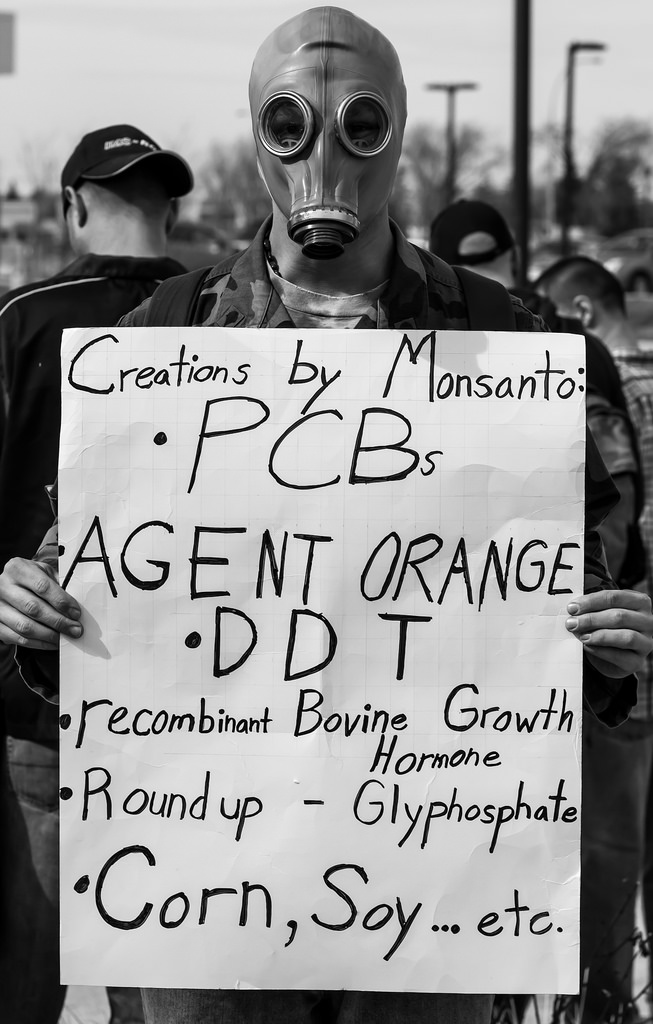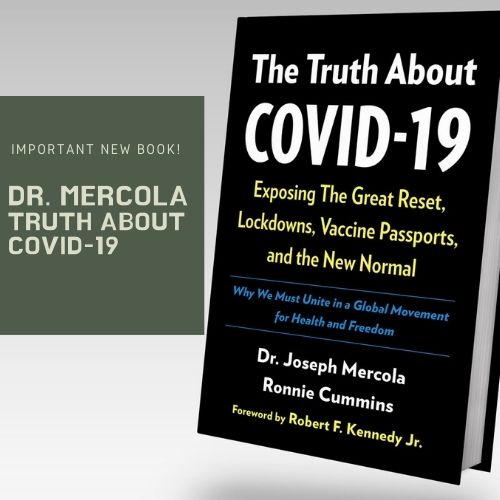
Did agricultural biotechnology corporation Monsanto ignore the health risks of PCBs in their products to gain more profits?

According to Bill Sherman, the assistant attorney general for the state of Washington who is suing the controversial agrochemical company, Monsanto execs knew the public health and environmental implications of their contaminated products but still went ahead with production.
Monsanto is facing several lawsuits from several cities in the Pacific Northwest and municipalities in California. Though the company admitted that PCBs are dangerous to the health and the environment, Monsanto is challenging the government's findings of toxicity.
Monsanto knew of grave health risks from toxic PCB chemicals it sold for years before ban, docs say
Monsanto used toxic industrial chemicals known as PCBs in the production of everyday appliances such as TVs, fridges and plastics for at least eight years after discovering the harm they did, newly-compiled archives claim to prove.From the 1930s, and until the end of their distribution in 1977, Monsanto was the dominant US producer of the chemicals.
Now a trove of 20,000 documents, dubbed the “Poison Papers,” gathered from regulators, lawsuits and archives by campaigners and scientists, claims that the Missouri-headquartered company openly discussed the environmental and health impact of PCBs.
“If authentic, these records confirm that Monsanto knew that their PCBs were harmful and pervasive in the environment, and kept selling them in spite of that fact. They knew the dangers, but hid them from the public in order to profit,” Bill Sherman, the assistant attorney general for the state of Washington, which is suing the company, told the Guardian.
Several cities in the Pacific Northwest, including Seattle, and multiple municipalities in California, such as San Diego and San Jose, are also currently pursuing legal action against Monsanto.
As far back as 1969, an internal policy document admitted “damage to the ecological system by contamination from PCBs,” and stated that “evidence proving the persistence of these compounds and their universal presence in the environment is beyond questioning.”
The non-biodegradable nature of PCBs, which are still found both in water and in soil worldwide, has since turned out to be one of its most serious legacies.
“Direct lawsuits are possible… because customers using the products have not been officially notified about known effects nor do our labels carry this information,” read the assessment. At the end of the document, the author provides Monsanto with three solutions: Do Nothing (“poor customer relations” and “potential loss of business”), Discontinue Manufacture (“not that simple”) and presumably the option the company chose: Respond responsibly by phasing out the product.
Image courtesy of: mwgiesbrecht






